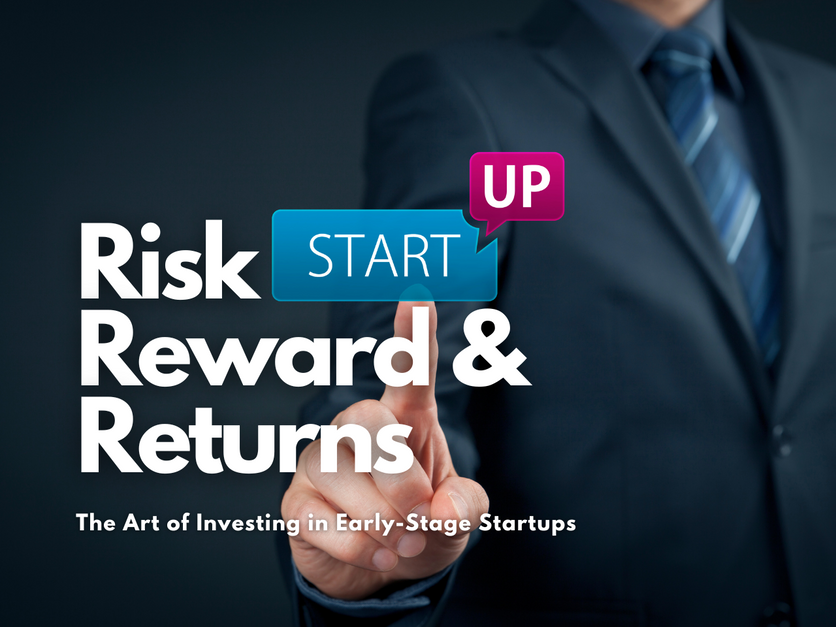Investing in early-stage startups can be an enticing opportunity, offering the potential for substantial returns and the chance to be part of the next big success story. However, it’s crucial to understand and acknowledge the risks associated with early-stage investments. In this blog post, we will explore some of the common risks investors face when investing in startups.
1. High Failure Rates:
It’s no secret that startups have a high failure rate. The majority of early-stage companies do not survive the challenging early years due to various factors like market conditions, competition, execution challenges, or lack of funding. As an investor, it’s important to be aware that not all startups will succeed, and there is a risk of losing your investment.
2. Illiquidity:
Investing in startups typically involves long-term commitments, as they are often illiquid investments. Unlike public stocks, early-stage investments are not easily bought or sold on a public exchange. It may take several years before an investor can liquidate their investment, potentially tying up capital for an extended period.
3. Uncertain Valuations:
Pricing early-stage startups can be challenging. Valuations are often determined based on future potential rather than tangible financial metrics. This uncertainty in valuation makes it difficult to accurately assess the worth of an investment, leading to increased risk.
4. Lack of Diversification:
Early-stage investments are typically risky, and investing in just one or a few startups can significantly increase the overall risk in an investment portfolio. Lack of diversification can be a significant challenge, as the failure of one or two investments can have a significant impact on the overall portfolio return.
5. Conflict with Founders:
Early-stage investments involve close collaboration with startup founders. However, conflicts can arise due to differences in vision, strategic direction, or governance. It’s crucial for investors to establish clear communication channels and expectations from the outset to mitigate potential conflicts.
6. Regulatory and Legal Risks:
Startups often operate in highly regulated industries where compliance with laws and regulations is paramount. Changes in regulations or legal challenges can have a significant impact on a startup’s operations and financial viability. Investors need to stay informed about the regulatory landscape and assess the startup’s ability to navigate these risks.
7. Limited Information:
Early-stage startups often have limited financial history and a lack of comprehensive data on their market traction. This limited information can make it challenging for investors to assess the startup’s potential and evaluate the effectiveness of their business model.
In conclusion, early-stage investments come with inherent risks, including high failure rates, illiquidity, and potential conflicts with founders. However, by conducting thorough due diligence, diversifying your portfolio, investing in experienced founders, understanding the market, negotiating terms wisely, and providing ongoing support, you can mitigate some of these risks and increase your chances of a successful investment. Remember, investing in early-stage startups requires careful consideration, a well-informed approach, and a willingness to embrace the potential risks and uncertainties. It’s important to remember that not every early-stage investment will result in a successful outcome.
In our next blog post, we will be discussing ways of Mitigating Risks and Increasing Your Chances of Success when it comes to Early Stage Investment. Stay Tuned!!

